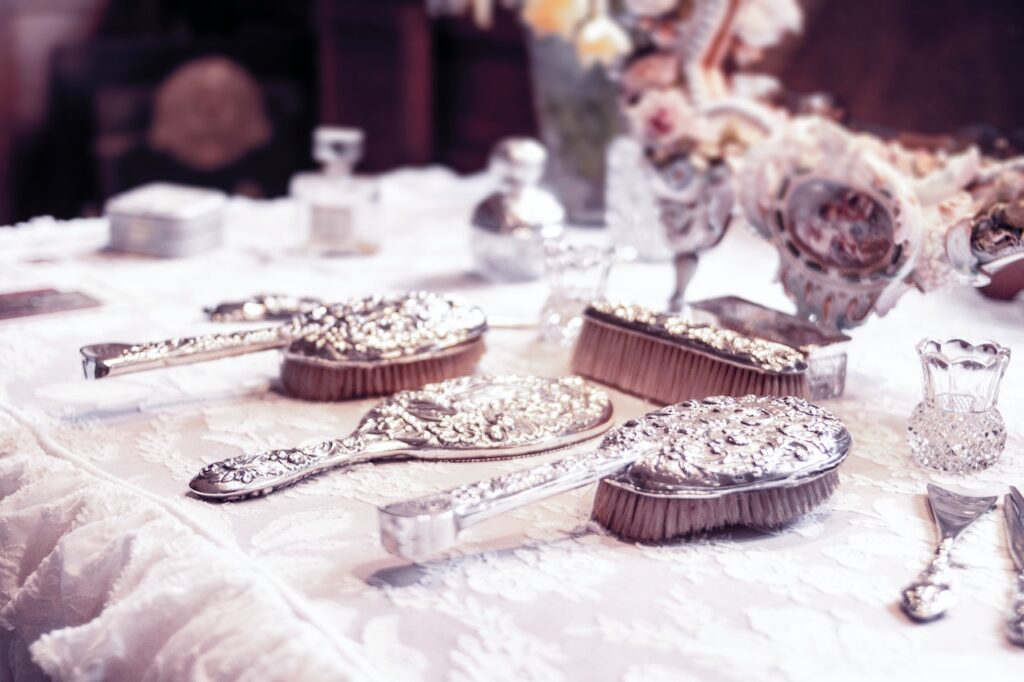The luxury segment and the psychology of luxury promotion
Most consumers are confronted on a daily basis with marketing techniques designed to sell them necessities and products they can do without. The second category can include the luxury segment because products of this type are not only beyond the reach of the average buyer, they are often simply unnecessary. Luxury goods do not belong to the niche of necessities and have a completely different purpose – to demonstrate the status of their owner. Therefore, selling luxury goods requires a special approach.
Promotion of the luxury segment takes into account the psychology of the target group. Very rich people, who are fully supplied with goods of the highest necessity, want something more. This is where luxury brands come into play.
The peculiarity of promoting luxury goods is that their prices can be completely irrational. At the same time, certain goods are status items, such as expensive cars, branded clothing, accessories, antiques, etc. But even here there are peculiarities: not every brand, even with the richest history, can sell goods in the luxury segment. Here you need to understand what kind of goods can be expensive and how they become so.
To promote luxury goods and brands, it is necessary to understand the logic of elitism. The target audience of the luxury segment will help. By observing the purchasing behavior of wealthy people, it is very easy to determine which products can acquire the status of luxury. And above all, the ability to demonstrate status plays an important role.

There is a group of goods whose consumption is always visible – clothing, accessories and jewelry, smoking accessories, cars, and gadgets. The point is that it is impossible to hide the use of these items, so they emphasize the status of their owner. Here it is important to take into account the psychology of a person and his constant desire to somehow take a leading role in the social hierarchy. Such goods of the luxury segment demonstrate high status and, accordingly, the level of this hierarchy.
Consequently, the consumption of an expensive product, which cannot be hidden, demonstrates to those around him the status of its owner. Some people will want to join him and demonstrate the level of hierarchy by buying and using luxury products. Accordingly, wealthy people will buy such items simply because the product is considered status and just to show that they can afford it. The advantage of such situations is that luxury goods do not even need to be advertised: their wealthy owners advertise the product themselves.
The second criterion that makes a product a status product is a pleasure. Affluent people want not only to demonstrate their status but also to live beautifully. There is a category of products whose consumption is not visible to others, but they belong to the luxury category. These products are not essential and cost a lot of money. The main purpose of buying such products is to get pleasure. Therefore, their consumer is automatically a member of the elite. Such goods include luxury items: collectible alcoholic beverages, delicacies, antiques, interior design items, etc.
It should be noted that status goods and luxury goods are different things. Status goods are designed to demonstrate membership in higher social circles, while luxury goods are bought to please oneself. The combination of these two definitions makes it possible to sell the product at the highest possible price. Either way, luxury brands, and products should allow the owner to identify as elite – either through a public display or private use.




